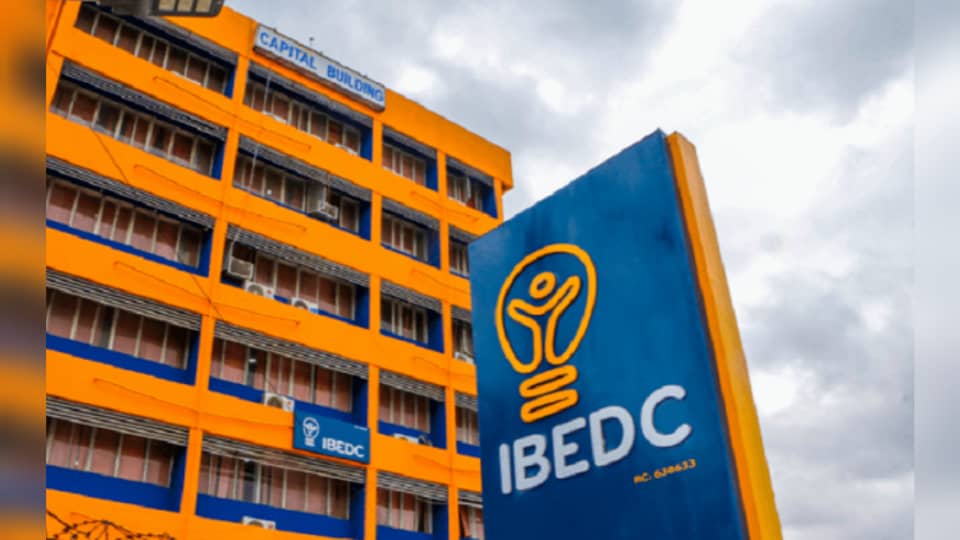Business
Purpose behind UCH power source disconnection- IBEDC

The recent disconnection of the power supply to the University College Hospital (UCH) in Ibadan by the Ibadan Electricity Distribution Company (IBEDC) has sparked controversy and raised questions about the reasons behind such a drastic measure.
Read Also: IBEDC reports a total of 1,459 instances of energy theft within a two-month period.
In response to public inquiries, IBEDC has provided explanations for their actions. This article delves into the details provided by IBEDC, shedding light on the circumstances that led to the disconnection of UCH’s power source.
According to IBEDC, the decision to disconnect the power supply to UCH was necessitated by concerns over safety hazards and non-compliance with electrical regulations.
The company cited instances of illegal connections, tampering with meters, and bypassing of electrical safeguards within the hospital premises.
Such practices not only pose a risk to the hospital staff and patients but also undermine the integrity of the electrical infrastructure.
Another factor contributing to the disconnection was the accumulation of unpaid electricity bills by UCH.
IBEDC claims that despite repeated attempts to engage with hospital management regarding outstanding payments, no satisfactory resolution was reached.
Billing disputes and delays in settling arrears exacerbated the situation, leading IBEDC to resort to the disconnection of power supply as a last resort.
IBEDC emphasized its commitment to upholding regulatory standards and ensuring the safety and reliability of electricity supply to its customers.
The company asserted that its actions were in line with established protocols and regulations governing the distribution of electricity.
By enforcing compliance with safety regulations and billing obligations, IBEDC seeks to maintain the integrity of its operations and protect the interests of all stakeholders.
The disconnection of UCH’s power supply undoubtedly has significant implications for the hospital’s operations.
Power outages can disrupt medical services, compromise patient care, and affect critical equipment such as life support systems and diagnostic tools.
The loss of electricity also hampers the functionality of essential facilities such as operating theaters, laboratories, and intensive care units, potentially jeopardizing the health and well-being of patients.
IBEDC has expressed its willingness to engage in constructive dialogue with UCH management to resolve the issues leading to the power disconnection.
The company has called for cooperation from all parties involved to address safety concerns, settle outstanding debts, and establish a framework for sustainable electricity supply to the hospital.
By working together to find mutually acceptable solutions, IBEDC and UCH can mitigate the impact of the power disconnection and ensure uninterrupted healthcare services for patients.
In conclusion, IBEDC’s decision to disconnect UCH’s power source was driven by concerns over safety hazards, non-compliance with regulations, and accumulated debt.
While the disconnection may have disrupted hospital operations, it underscores the importance of adherence to regulatory standards and timely settlement of financial obligations.
Moving forward, collaborative efforts between IBEDC and UCH are essential to resolve outstanding issues, restore electricity supply, and ensure the uninterrupted delivery of healthcare services to patients.
